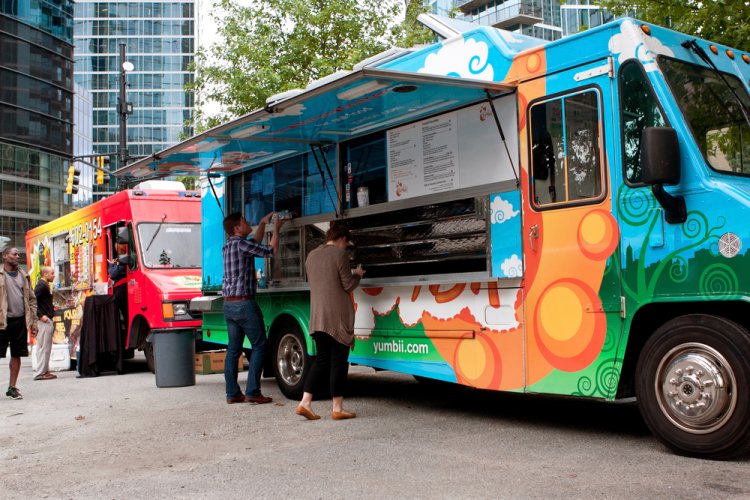So, you’ve finally purchased a truck, transformed it using cool vehicle wraps (if not, you can find out more about car wrapping here), made adjustments to your recipes, purchased the required ingredients and conducted a proper inspection – now it is time for you to open up your food truck business!
Well, you aren’t done with everything just yet! Similar to all other restaurants, the major thing that even you need to think of is location, location, location. Unlike most retail shops and eateries, food truck are known as a mobile business – however, this doesn’t give you the liberty to park wherever you wish to and start selling food to people.
Right from getting your work permit to understanding exactly how the trash system works, you’ve got to figure it all out. In order to make your job slightly easier, in this article we’ll taking you through 4 legal details that you need to taken into consideration whilst choosing the right location for your business.
Locations to park and their restrictions
Almost every county and city has its own set of zoning rules and regulations, and as per those, a specific area is allocated for food trucks. So, although you might feel that a nearby college campus or park is the ideal location for you, we’re afraid to say that you may not have the permission to set up your business over there.
That being said, it’s better that you make a list of all the prime locations and check whether or not you can park our food truck. Well, this would differ based on the city you’re currently in and whether it’s a private or public property.
Once you’ve got the permission for a specific, your next step would be to get answers for some of these questions:
- For how long can your park your truck?
- Have you parked your food truck close enough to the restricted area?
- Is there like a proximity ban in your area?
- Can you park the truck overnight?
- Are there any other restrictions regarding the parking which you must know of?
After figuring out all of these question, you’ll be all clear in regards to the parking locations.
Health codes and laws for dumping trash and using bathrooms
Food truck owners do not have the right to simply throw away their trash in others dumpster or make use of other eateries bathroom whenever they want to. Being an operator, you’ve got to strictly follow all the safety procedures and health codes, which comprises of everything from water access to preparing and storing food.
Speaking of health code surrounding dumping of trash, as a food truck operator, you need to ensure that you’ve placed a litter receptacle just outside your truck so that customers can throw their trash. Also, you must take these bags and cans along with you whilst leaving the area.
On the other hand, for rules revolving the usage of bathrooms, you must see to it that you’ve parked your truck within a distance of 200 feet of an available hand-washing facility, if you plan to be there for more than an hour.
Required licenses and permits
Before you get going with food truck business, you need to make certain that you’ve got all the required licenses and permits to operate in your city.
Although these might vary from one county and city to another, a few documents that are commonly required include a mobile food facility permit, food safety certification, business license, food handler permit and health permit. Besides, there are certain cities and counties where they might require an altogether new set of permit for you to conduct your business; so, better get an understanding of that as well!
Insurance for your business
Last but not the least, you will need an insurance for your food truck business. But ensure that apart from your truck, this insurance also covers a compensation for your employees in the unlikely event of an injury, your business’s property and overall liability insurance.
Now that you’ve figured out all the required details and have taken the necessary permits and licenses, park your truck and get cooking – your food truck is all set to make some profits!




















